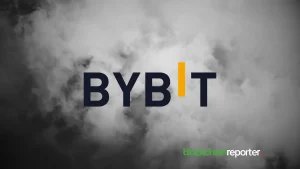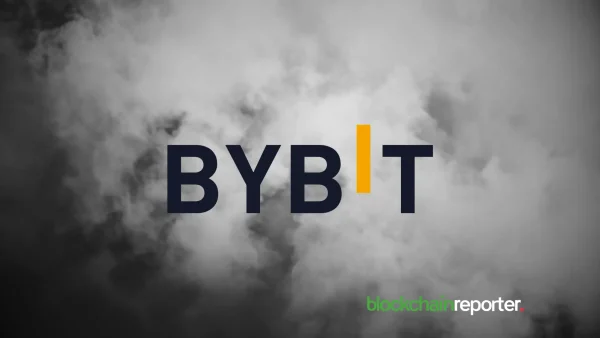
Earlier today, video game developer Valve banned all NFTs and cryptocurrency related games from its Steam platform.
Steam Ban
Steam is one of the world’s largest video game platforms, featuring a catalogue of thousands of games alongside 25 million daily concurrent players. The quiet, but definitive move left members of the GameFi sphere reeling, with even major players speaking out.
Valve hasn’t explained why it’s banning NFTs and cryptocurrencies from Steam, but the decision doesn’t appear rooted in any of the recent scandals or controversies around blockchain tech: NFTs have been used to scam people out of millions of dollars in exchange for what amounts to a receipt for a JPG, it’s led to theft of art designed for other games, and the environmental cost of blockchain ledgers remains a controversial issue.
In recent months, with the rise of crypto and NFTs, game developers have turned to these new digital currencies to, according to them, empower players, allowing them to monetise their accomplishments by taking part in the “decentralisation of assets.” One of the most notorious and well-known examples of this practice is Gods Unchained, a trading-card-game, which allows players to trade their NFT cards via a marketplace using the Ethereum cryptocurrency.
But Epic Is Open
The Epic Games Store made an explosive entry onto the scene of online game store fronts a few years ago and has not slowed down since. With the reveal of the latest free games on the Epic Game Store, it maintains its forward momentum.
Epic has told The Verge that it is willing to work in what it calls a “new field”. It also added that it would “have to comply with financial laws, make it clear how the blockchain is used, and have appropriate age ratings.”
“Epic Games Store will welcome games that make use of blockchain tech provided they follow the relevant laws, disclose their terms, and are age-rated by an appropriate group. Though Epic’s not using crypto in our games, we welcome innovation in the areas of technology and finance.” Sweeney said in a tweet on 15 October
And also added that: “As a technology, the blockchain is just a distributed transactional database with a decentralized business model that incentivize investment in hardware to expand the database’s capacity. This has utility whether or not a particular use of it succeeds or fails.”
While the market for blockchain-based games is likely not huge right now, it remains to be seen whether the en masse departure of affected developers from Steam to the Epic Games Store will force Valve to revert its policies yet again.









